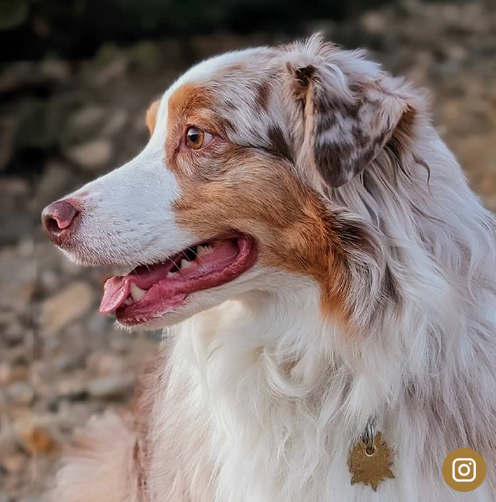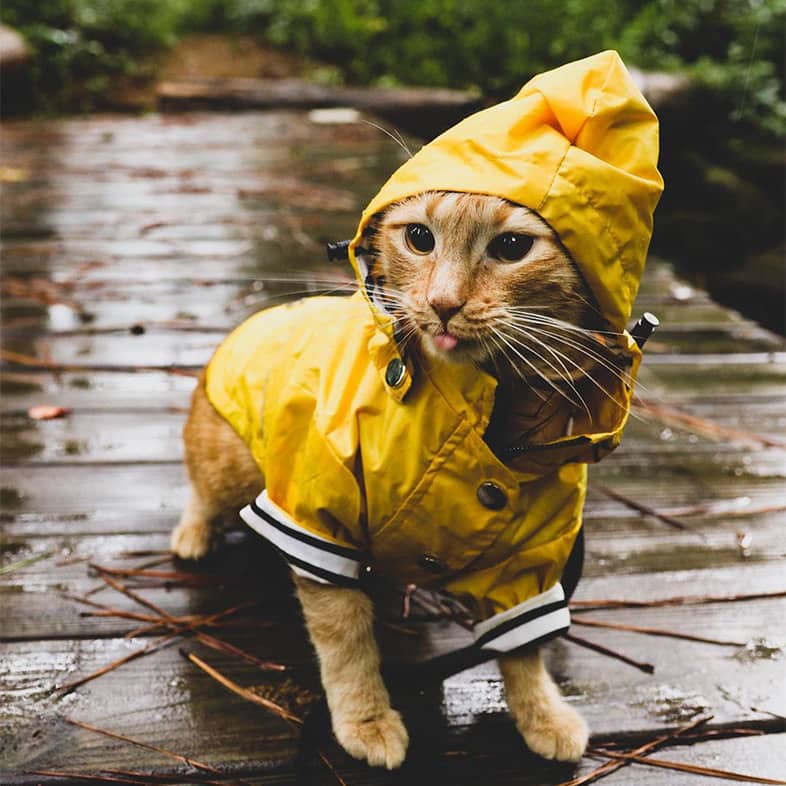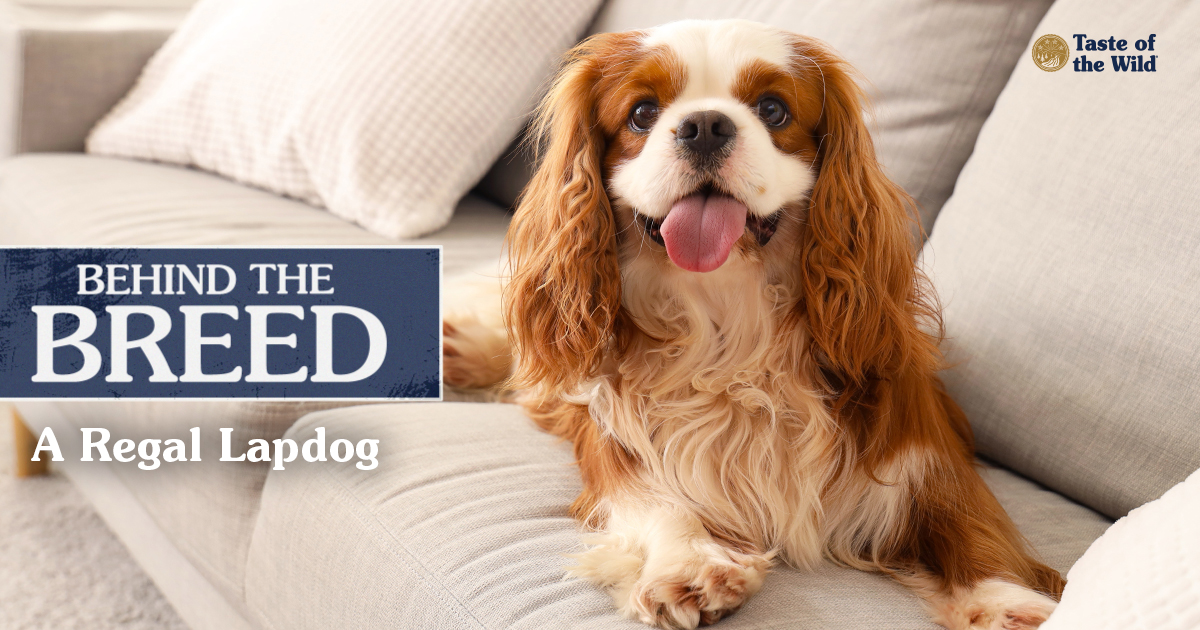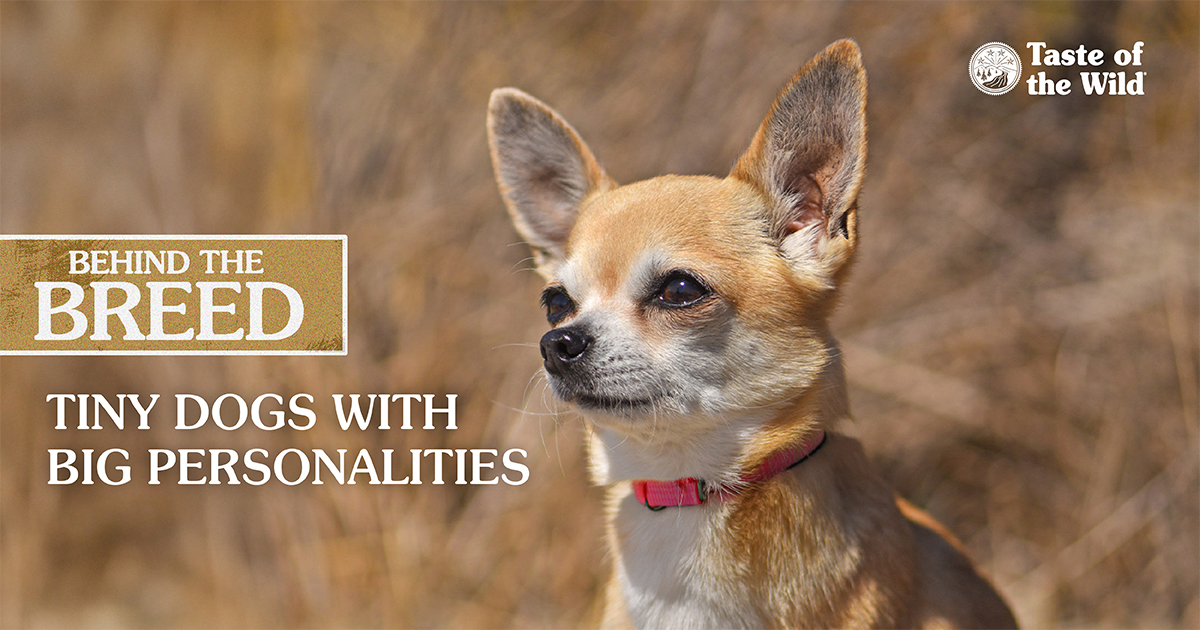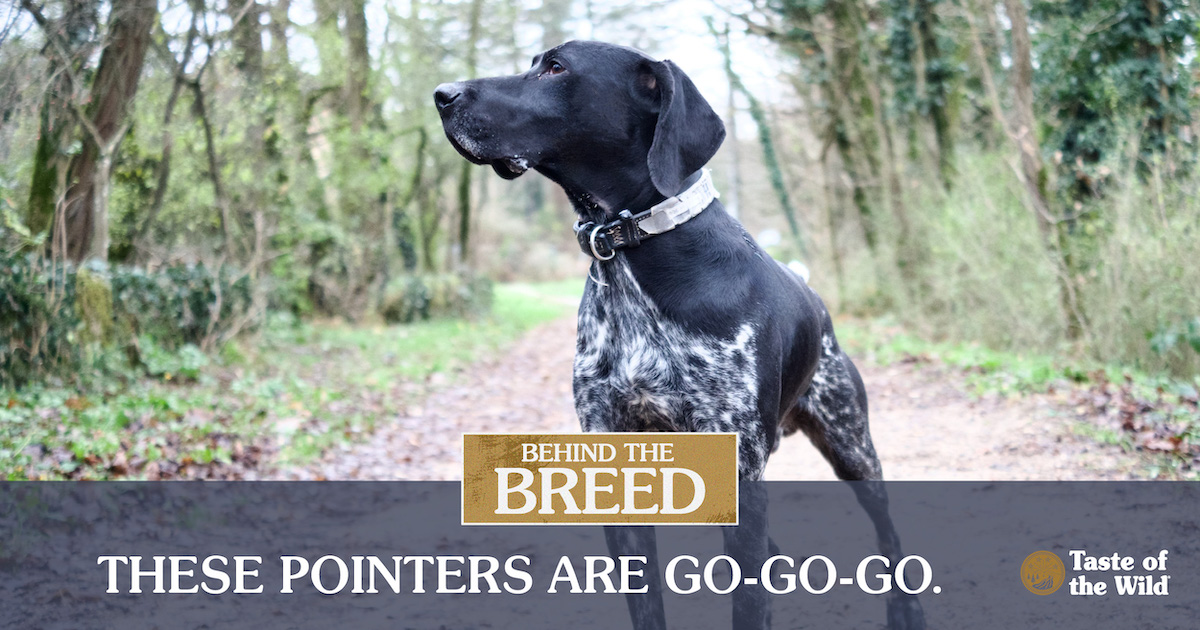Behind the Breed: Cane Corso
Thursday, January 16, 2025 | Behind the Breed
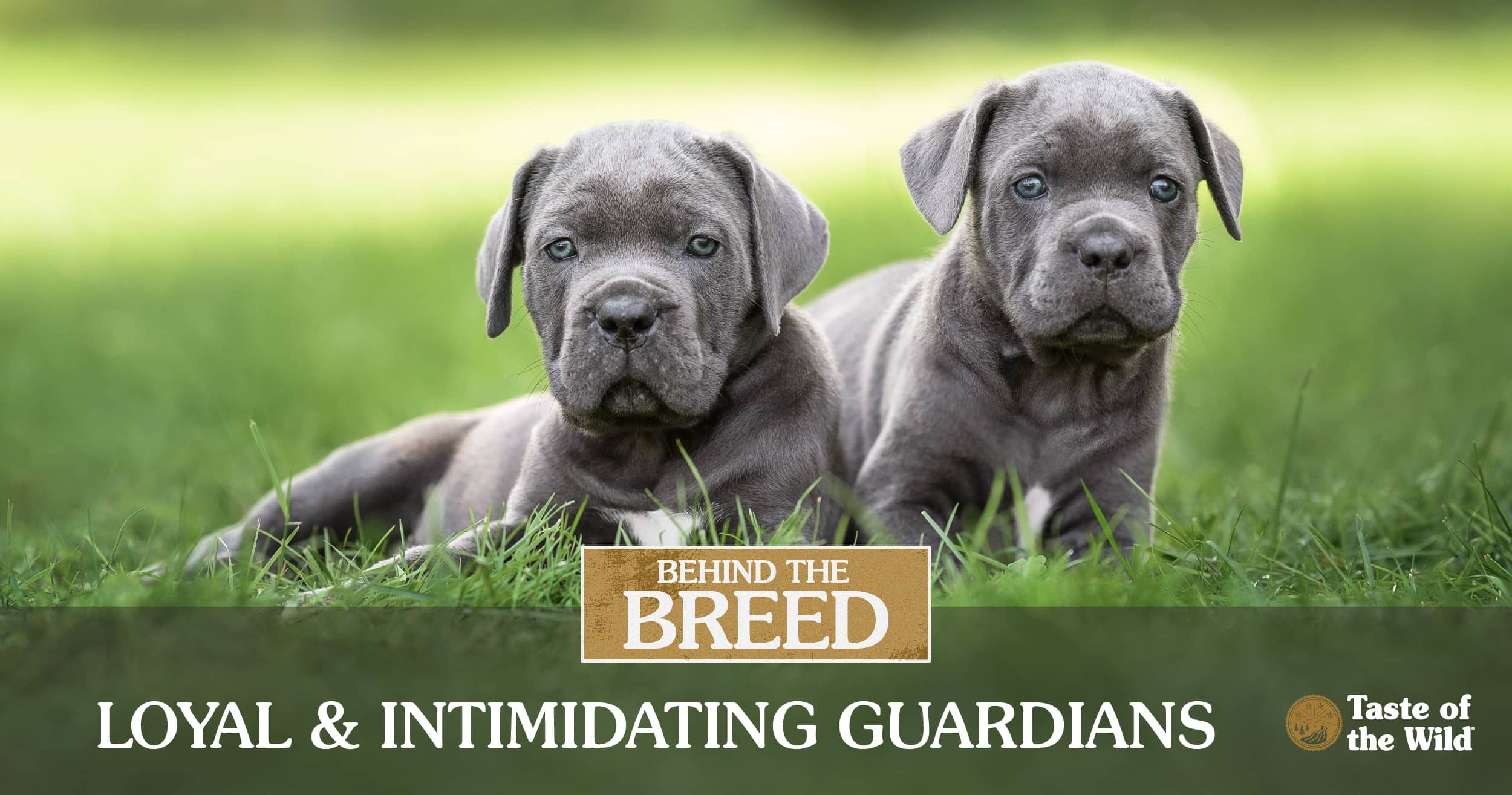
Have you ever wondered where a dog breed originated from? In our “Behind the Breed” series we’ll dive into the history, personality and physical appearance of a particular breed. We’ll also cover some of the FAQs about the breed and maybe some fun facts, too!
Intimidating is an understatement when you first look at a cane corso (pronounced KAH-neh KOR-soh). These giant dogs are muscular, serious looking and extremely protective of their humans and their home. Cane corsos are intelligent, confident and loyal dogs that can be a high-maintenance breed in terms of their training, socialization and exercise requirements. So if you’re looking for a purebred dog that doesn’t require much attention, the cane corso is probably not the breed for you.
Cane Corso Puppies Need to Be Socialized
While cane corso puppies start off as adorable bundles of fur, it’s important to realize that these cute pups grow up into big dogs. It’s essential that cane corso puppies begin socialization and obedience training as soon as they are brought home. This breed is naturally assertive, which, combined with their strength and large size, means you can’t be a pushover with a cane corso — they can literally push you over!
Cane Corso Size and Lifespan
Similar to bullmastiffs, cane corsos are large dogs that grow to around 27 inches tall and can weigh over 100 pounds. They are generally healthy dogs, but they can have health issues like hip dysplasia, epilepsy and eye problems — all of which reputable breeders should screen for. Cane corso dogs, like other large, deep-chested dogs, can be susceptible to bloat or gastric dilatation-volvulus where the stomach becomes gas-filled, distended and twisted on itself, resulting in an obstruction. Limiting food gobbling behaviors can help prevent these conditions. The average cane corso life span is between 9 and 12 years.
Cane Corso Temperament and Training
According to the Cane Corso Association of America, cane corsos need lots of socialization and training by an experienced pet parent — they aren’t typically recommended for first-time pet owners. They are very loyal and protective of their family and home, but wary of strangers and other animals. This means that cane corso dogs need to be trained that your visiting friends and family are welcome and not something to be protected from.
Regular training and socialization is essential throughout the life of a cane corso. Training is usually easy as they’re eager to please their owners and respond well to treats, praise and other positive reinforcement. It’s essential that cane corso dogs learn to respond reliably to commands, otherwise they can become difficult to handle as adults.
Cane corso dogs need a lot of exercise — you should be prepared for long daily walks or runs. They love having a job to do, so to help with mental and physical stimulation, competing in dog sports like agility, tracking or dock diving are good options. Without a job to do, cane corso dogs may create their own work like digging holes in the backyard.
Cane Corso Colors and Grooming
While many images of cane corso dogs show them with black coats, the breed standard actually includes a variety of colors including black, fawn, gray, brindle and red. They can also have a black or gray mask.
Cane corso dogs have a short, double-layered coat. They typically require weekly brushing, but during shedding season when the underlayer sheds, daily brushing will help control their shedding hair. As with all dogs, a cane corso’s nails will need trimming regularly.
Are Cane Corso Dogs Good With Kids?
Due to their large size, cane corso dogs may not be a good fit for families with small children that can be accidentally knocked over. They’re generally not a playful breed, so you probably won’t find them playing with kids or other dogs; however, they do love to be with their family. It’s best if cane corso dogs are raised with kids and small pets from puppyhood.
Cane Corso Breed History
Like Rottweilers, cane corsos can be traced back to Roman times — “cane corso” in Latin means “bodyguard dog.” They were bred for Roman conquests and then in later times used for hunting, to herd livestock and in more modern times, as guard dogs. They almost became extinct until a group of Italian breeders recovered the breed in the 1970s. The cane corso was recognized as a breed by the American Kennel Club in 2010.
Cane corso dogs can be wonderful pets as long as you’re an experienced dog owner who has the time to exercise, socialize and train their dog throughout their whole life. You should also be prepared for the giant appetite of this giant breed dog!
The information in this blog has been developed with our veterinarian and is designed to help educate pet parents. If you have questions or concerns about your pet’s health or nutrition, please talk with your veterinarian.
